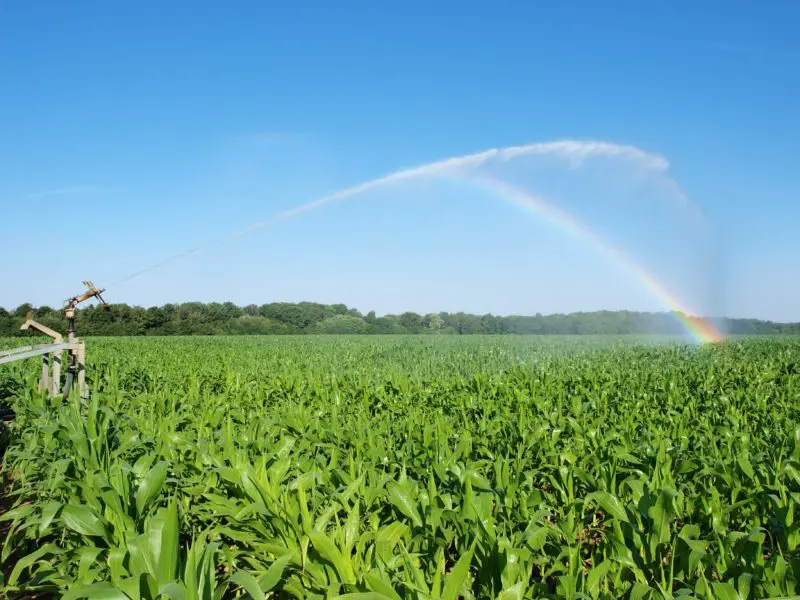Africa’s agricultural sector, still largely reliant on unpredictable rainfall, faces increasing pressure from climate change. Yet, despite the continent’s vast irrigation potential, only a small portion of its farmland is currently irrigated.
A new policy brief titled “Implementing the IDAWM Framework to Enhance Agricultural Water Management in the African Union”, published by the United Nations University Institute for Water, Environment and Health (UNU-INWEH) in partnership with several global and regional institutions, highlights the urgent need for smarter, more sustainable irrigation practices across Africa.
The brief, co-authored with the London School of Hygiene and Tropical Medicine, the International Water Management Institute (IWMI), the Water Research Commission, and the African Union, argues that expanding irrigation is essential for climate adaptation. Done right, it can help stabilize yields, protect livelihoods, and improve food security. But the authors warn that poorly managed irrigation can create new environmental, social, and governance challenges.
“Sustainable irrigation isn’t just about growing more food—it’s about carefully managing the trade-offs between productivity, environmental protection, social equity, and water governance,” said Prof. Tafadzwa Mabhaudhi, lead author and WEFE (Water, Energy, Food, and Environment) Lead at UNU-INWEH.
The brief cautions that even well-intentioned improvements in irrigation efficiency can sometimes backfire. In certain regions, better irrigation technology has inadvertently increased water consumption instead of reducing it—a reminder of the complex dynamics involved in water management.
To address these issues, the African Union Commission (AUC) has developed the IDAWM Framework—a strategic blueprint for advancing irrigation and agricultural water management (AWM) across the continent. The framework provides guidance for setting development priorities, identifying policy gaps, and encouraging inclusive dialogue among stakeholders to promote sustainable, climate-resilient farming systems.
“Africa’s future food security depends on how we transform our water, energy, and environmental systems,” said Prof. Kaveh Madani, Director of UNU-INWEH. “By adopting more integrated and responsible approaches to water management, we can help millions of people adapt to climate change while protecting our natural resources.”
The report calls on governments, development agencies, and researchers to prioritize smarter irrigation strategies, backed by data, collaboration, and long-term planning. With the right support, Africa’s underused irrigation potential could become a cornerstone of a more secure, climate-resilient agricultural future.


